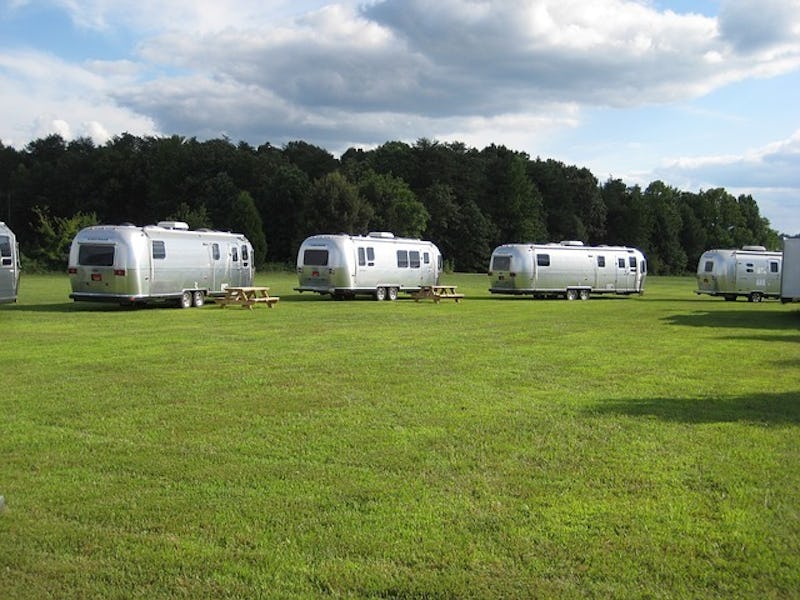ALTERNATE FUTURES | Clarke's Movable Paradise
In 1966, Arthur C. Clarke thought we'd be moving our untethered homes on a whim. Why was he wrong?

“Given a compact power source…the house of the future would have no roots tying it to the ground. Gone would be water pipes, drains, power lines; the autonomous home could therefore move, or be moved, to anywhere on earth at the owner’s whim. The time may come, therefore, when whole communities may migrate south in the winter, or move to new lands whenever they feel the need for a change of scenery.” - Arthur C. Clarke 1966
In 1966, Arthur C. Clarke put forth a series of predictions about the year 2001. In true future futurist fashion, he got a little bit right and a lot wrong. But, to be fair, he expected that. He was always level-headed when it came to predictions, famously stating that if you made predictions, and by the time these predictions were to have come to pass and nobody was telling you that you were dead wrong, you fucked up.
Future predictions are about the promise of progress, not about accuracy. Clarke understood that. So, in keeping with what he would’ve wanted, we’re here to tell him that he was wrong. Dead wrong.
Clarke’s prediction that we’d have movable houses and be able to move entire settlements wherever we damn well pleased wasn’t totally crazy. In a way, he was right. Tiny homes (aka Trailers With Something To Prove), motorhomes, and even some specially outfitted vans prove that people are picking up and moving their homes wherever they want, free from the tethers of utilities that anchor homes to a single spot.
But, despite what some have dubbed a “tiny home craze” (meaning that there’s an HGTV show, or six, about it), it’s not exactly the norm. Why? Because living off the grid can be a major pain in the ass, and it’s not exactly a cheap switch to make. Combine that with a movable component and you’re talking about some pretty serious equipment. Clarke’s vision of a totally autonomous home with no pipes, drains or power lines is theoretically possible, but certainly not for everyone.
Beyond the infrastructure problems is the question of comfort. Because even though it’s a bummer, living without utilities is kind of uncomfortable. I’m sure Clarke didn’t imagine it that way. After all, most future predictions focus on the ways that our lives will become easier, more efficient, and more fun. There are certainly a fair number of pessimistic predictions, but this wasn’t one of them, and that’s why it’s ultimately wrong.
Though Clarke was technically right about the possibility of self-sufficient homes, he failed to understand that it wouldn’t be convenient. As creatures of habit and comfort, if it’s not convenient, chances are it’s a concept that’s dead on arrival.
Maybe if we figure out how to make off-grid living less inconvenient, Clarke’s prediction will come to pass. Maybe if were all a little less into being comfortable, his prediction would’ve been dead-on. Maybe in an alternate future.